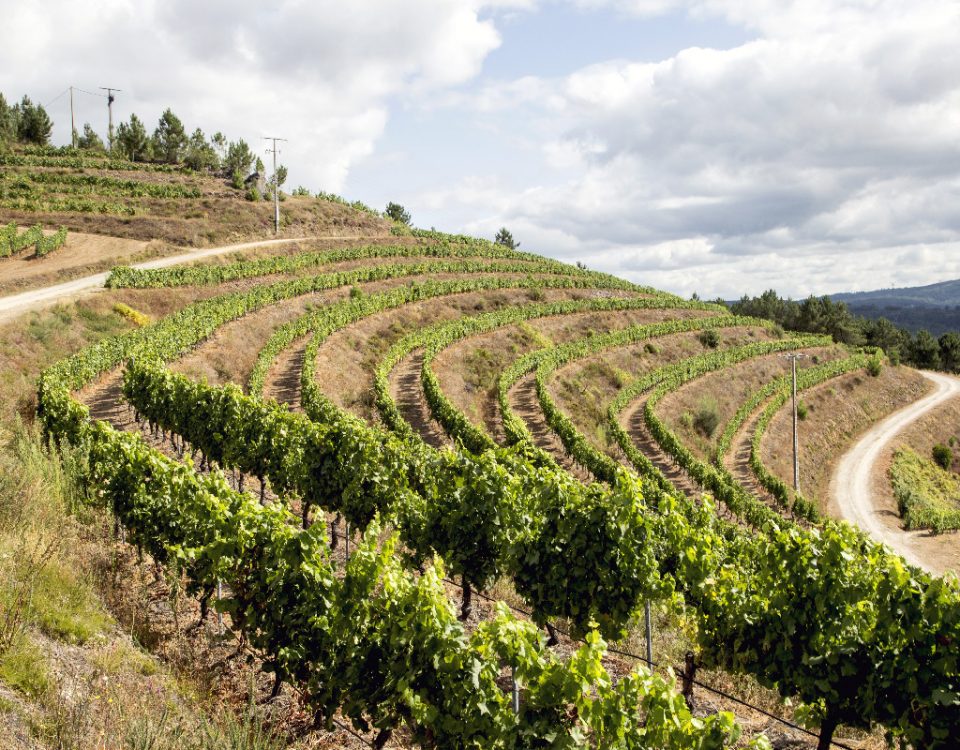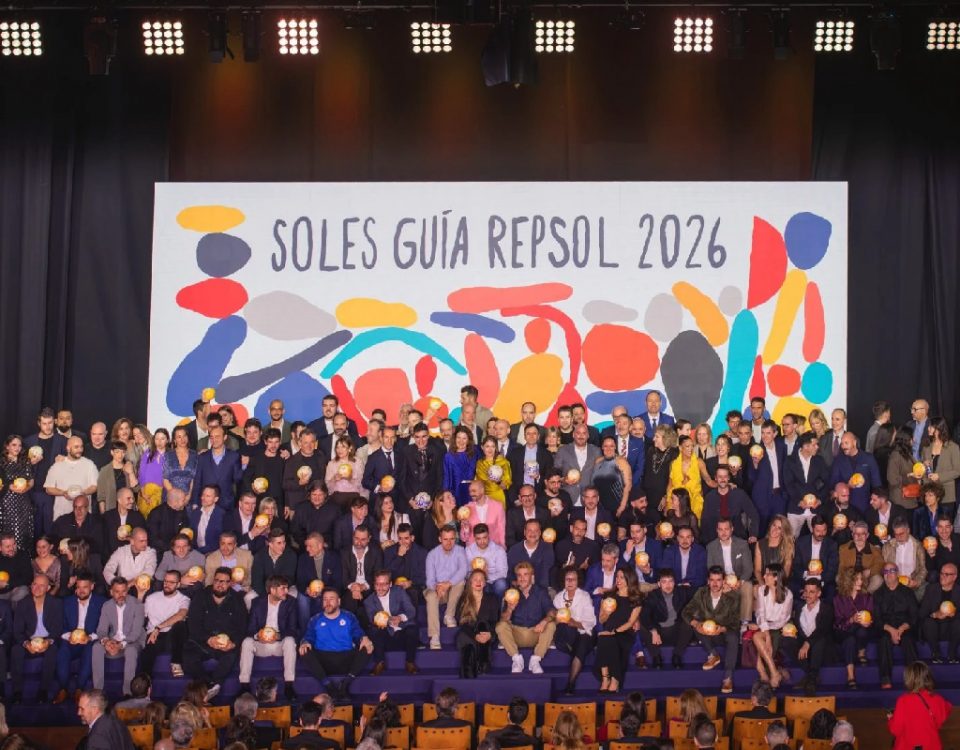- El mejor turismo de galicia
The Regional Minister of Culture and Tourism is committed to the development of tourist areas inside the Galicia 2020 Tourism Strategy.
The Regional Minister of Culture and Tourism is committed to the development of tourist areas inside the Galicia 2020 Tourism Strategy.
The Regional Minister of Culture and Tourism, Román Rodríguez, had a meeting with the representatives of the Galician tourist areas to whom he expressed his commitment to work together with them in the task of completing the development of tourism in Galicia. The geodestins are the different tourist areas or regions in which the Law of Tourism organizes the development, planning and promotion of Galicia as a tourist destination, taking into account its resources and uniqueness.
In this meeting Rodriguez expressed his goal of encouraging the professionalization of its management and good practices in these territories and stressed that it will close this year with an investment of about 1.8 million euros in agreements with tourist areas that involve and investments for next year. In this sense, he highlighted his department’s commitment to tourist areas and attractions that are most outstanding in the four provinces; to promote the diversification of flows, expanding the circuits of visitors and encouraging their redistribution from the magnet spaces; to encourage the deseasonalization of demand throughout the year; to work for competitiveness, with a more sustainable activity, and to professionalize management, with permanent and stable teams of professionals and the implementation of good practices.
Implementation and needs
The meeting, which was also attended by the director of Tourism of Galicia, Nava Castro, and the director of Competitiveness, José Luis Maestro, also allowed progress in the Tourism Strategy of Galicia 2020, the roadmap agreed with the sector that bets on excellence and authenticity. Through this document, the degree of development of tourist areas and their implementation is diagnosed and the specific needs of each one are analysed.
The conselleiro transmitted the importance of understanding the map of geodestinos “as a puzzle where each piece counts”, so that the progress of tourism in Galicia can not be complete without the cooperation of all of them. For this, it is essential the involvement of the municipalities through the creation of directive figures in charge of daily management and the awareness that tourism is a key economic activity that must be co-responsible.









